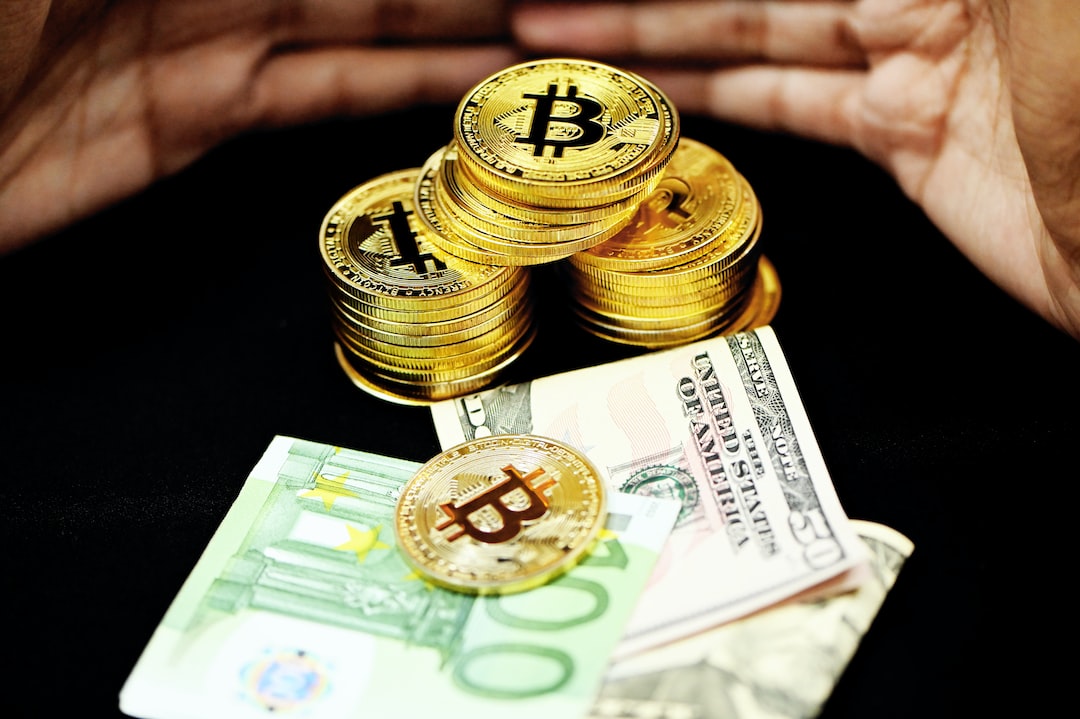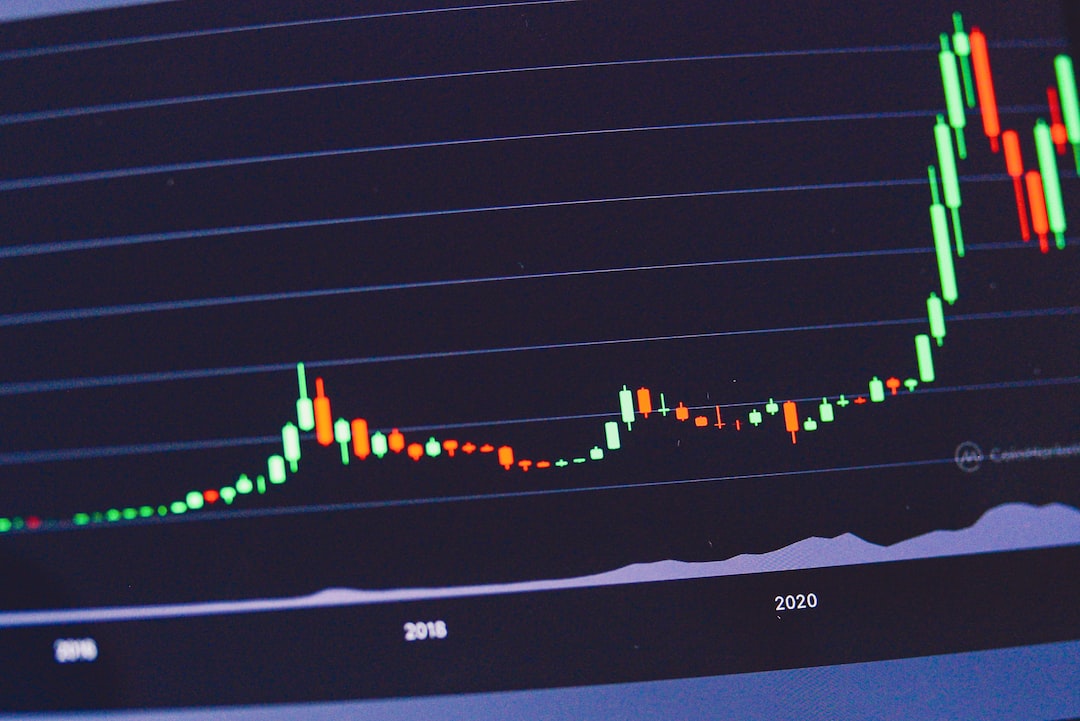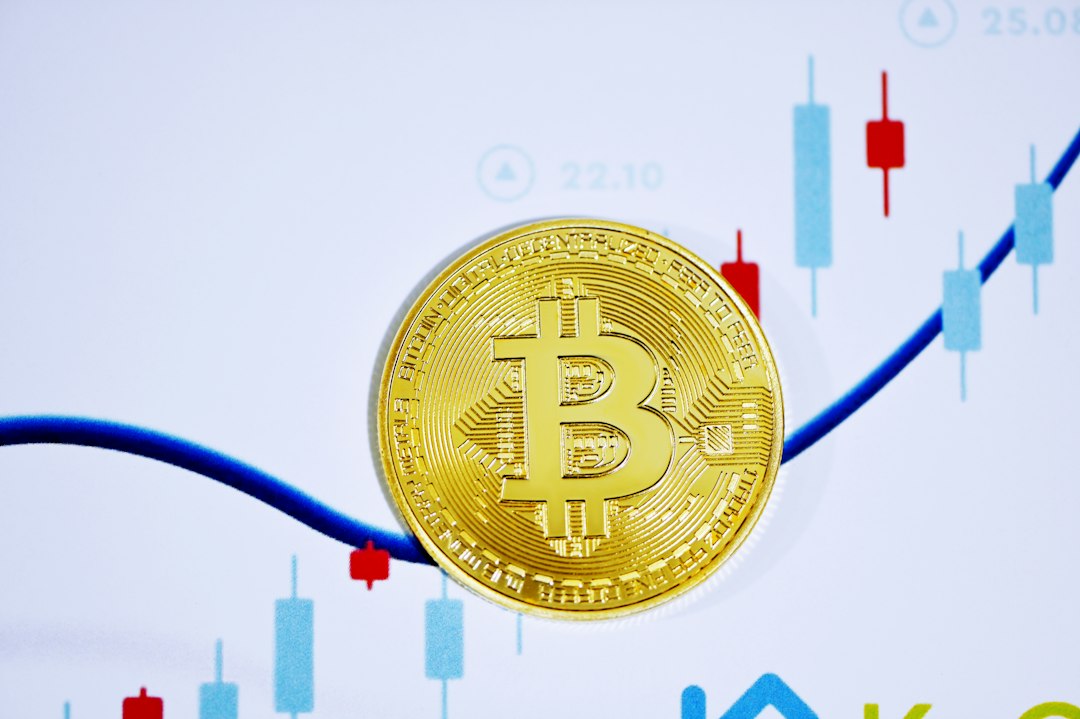The Ripple Effect: Exploring the Origins and Impact of XRP
XRP, a cryptocurrency developed by Ripple Labs, has its roots in a payments platform called Ripplepay created by Ryan Fugger in 2004. In 2012, Jed McCaleb, Arthur Britto, and David Schwartz built upon Fugger’s ideas to establish Opencoin, later renamed Ripple Labs. The goal was to create a real-time gross settlement system and remittance network using XRP as a bridging asset. XRP was designed for speed, scalability, and stability, with transactions settling in 3-5 seconds and the capacity to handle 1,500 transactions per second.
With a total supply of 100 billion XRP and over 99 billion currently in circulation, XRP is more abundant than scarce cryptocurrencies like BTC. It is the sixth-largest cryptocurrency with a market capitalization of over $25 billion. Ripple Labs continues to develop Ripplenet, a network of banks and financial institutions that utilize XRP for global payments.
The Regulatory Battle: Ripple’s Legal Challenges
However, some argue that XRP is overly centralized and that Ripple exerts too much control over its supply. Despite being one of the oldest crypto projects, Ripple has faced legal challenges from the U.S. Securities and Exchange Commission (SEC). The SEC filed a lawsuit in December 2020, alleging that Ripple Labs conducted an unregistered securities offering by selling XRP to retail consumers. Ripple contends that XRP is decentralized enough to be classified as a commodity rather than a security.
In July 2023, Ripple Labs achieved a partial victory in its legal battle with the SEC when U.S. District Judge Analisa Torres dismissed some claims but allowed others to proceed to trial. However, the SEC is appealing this decision, prolonging the uncertainty surrounding XRP’s regulatory status in the United States.
Hot Take: Ripple’s Ongoing Battle with Regulation
Ripple’s journey has been marked by its efforts to revolutionize cross-border payments through the use of XRP. While it offers impressive speed and scalability, the cryptocurrency has faced challenges regarding its centralization and regulatory status. The legal battle with the SEC has created significant uncertainty for XRP and Ripple Labs, impacting its reputation and market position. As Ripple continues to navigate these regulatory hurdles, the outcome of the lawsuit will likely have far-reaching implications for the future of XRP and other cryptocurrencies facing similar scrutiny.





 By
By

 By
By
 By
By

 By
By